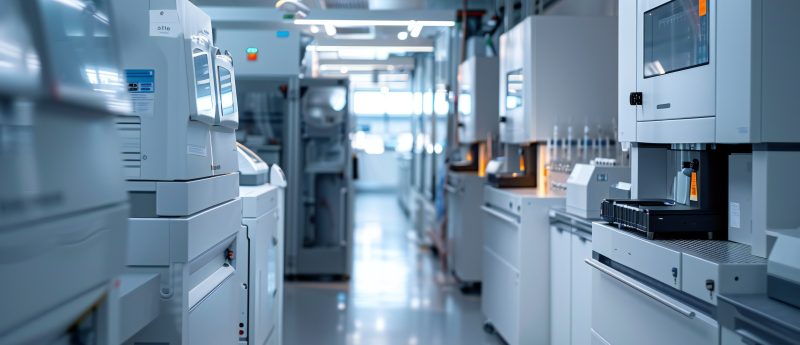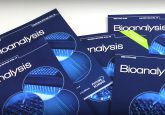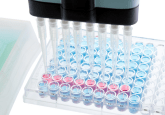Developing successful bioanalytical strategies for antibody–drug conjugates

Antibody–drug conjugates (ADCs) provide a new way to treat cancer by combining the proven antigen-specific selectivity and antitumor activity of monoclonal antibodies with the potency of cytotoxic (anticancer) molecules. However, unlike antibodies or small molecule drugs, it is difficult to predict which species or intermediates may provide information about the safety and efficacy of ADCs. Therefore, when developing bioanalytical strategies for ADCs, one has to carefully construct assays that not only monitor the fate of the antibody and cytotoxic component – but also design methods that identify the various ADC species found in the systemic circulation. This additional information elucidates the ADC exposure-response relationship, ultimately determining efficacy and safety.
What will you learn?
In this comprehensive webinar, you will:
- Review the three major analytes typically measured in ADC samples (total antibody concentration, conjugated antibody concentration, and unconjugated cytotoxic drug)
- Develop strategies for combating the challenges often encountered with ELISA assays
- Develop strategies for combating the challenges often encountered with MS assays.
Who should attend?
- General Managers, Bioanalytical Services
- General Managers, Immunoanalytical Services
- Laboratory Directors
- Method Development Group Leaders
- Research Scientists.
Speakers:
Technical Director, Immunoanalytical Services
Jamil Hantash
Tandem Labs
Associate Laboratory Director, Utah Facility
Troy Voelker
Tandem Labs




